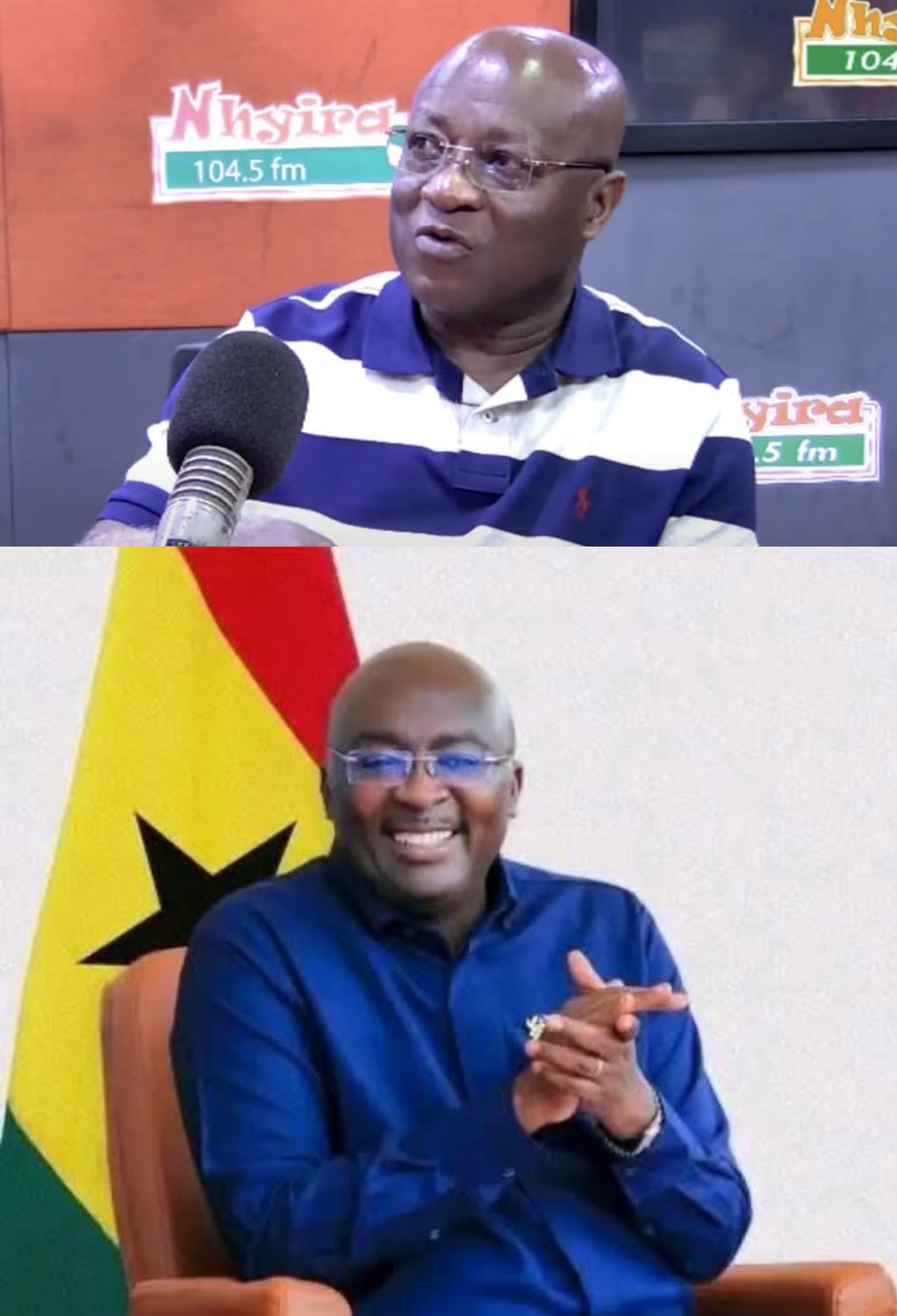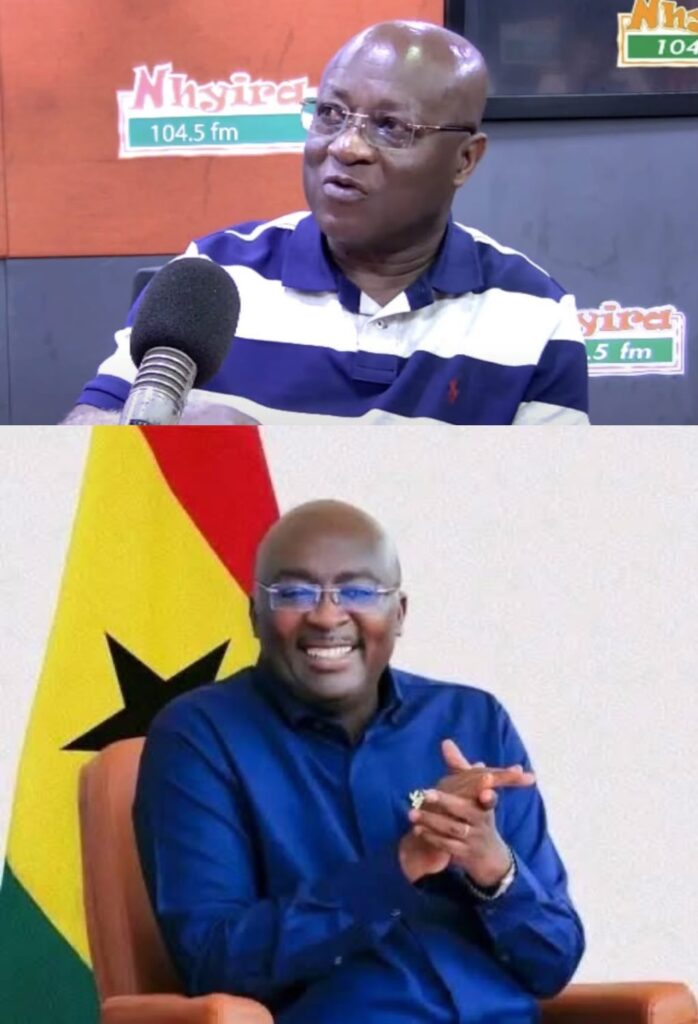
Former Majority Leader Osei Kyei-Mensah-Bonsu has admitted that Dr. Mahamudu Bawumia’s campaign for the New Patriotic Party (NPP) lacked the expected enthusiasm, underscoring the challenges the party faced in the 2024 elections.
Speaking to Nhyira FM, the chairman of the NPP’s manifesto committee reflected on insights from the Ashanti Region regarding the party’s significant defeat. He observed that, unlike previous elections, where large crowds would gather in cities and towns to show support, such enthusiasm was missing in 2024.
“I noticed early signs that the election would be difficult, though we remained hopeful for a better outcome. Holding the elections in December helped us regain some support. If they had taken place in August, Bawumia might have received only around 30% of the vote against John Mahama due to severe economic hardships at the time. However, conditions improved as we got closer to the election,” he explained.
Dr. Bawumia secured 4,877,611 votes (41.75%), while his main opponent, John Mahama, won with 6,591,790 votes (56.42%).
Findings from the Ashanti Region revealed key reasons behind the NPP’s defeat, including the party’s internal delegate selection system, which weakened grassroots mobilisation, and economic struggles that reduced public confidence.
Kyei-Mensah-Bonsu recalled that Asantehene Otumfuo Osei Tutu II had warned President Akufo-Addo in 2017 about the risks of allowing Ghanaians to become “hungry and angry.” However, this caution was ignored, and economic challenges worsened after COVID-19 and the Russia-Ukraine war, further harming the party’s prospects.
Other factors that alienated voters included allegations of corruption, Akufo-Addo’s leadership style—perceived as rigid and single-minded—and claims that his administration was overly influenced by his family.
Additionally, some voters viewed Bawumia’s close association with the President as a liability. His Mamprusi background also linked him to conflicts in the North, particularly in Bawku, further complicating his appeal.
A major issue was the perception that the Ashanti Region—an NPP stronghold—had been neglected in terms of infrastructure development, leading to a disconnect between the party’s regional and constituency structures.
Despite these setbacks, Kyei-Mensah-Bonsu emphasized that many NPP supporters had voiced their concerns openly and suggested they would return if the party made the necessary adjustments.
On the party’s leadership moving forward, he noted that with former President Akufo-Addo no longer leading, any new flagbearer would have to build upon his legacy. As for whether Bawumia should continue as the party’s leader, he said the decision would depend on findings from the other 15 regions.
So far, responses from the Ashanti Region indicated that Bawumia’s defeat was not due to his religion or ethnicity.
“We are awaiting feedback from the other regions regarding his candidacy. If there is a consensus, it will guide our next steps,” he said.
Regarding the selection of Dr. Matthew Opoku-Prempeh as Bawumia’s running mate, Kyei-Mensah-Bonsu explained that while he himself had been encouraged to take the role, he declined.
He noted that Bawumia sought a running mate from the Ashanti Region with parliamentary experience, making Opoku-Prempeh a strategic choice.
“Napo is an experienced MP, and his age positioned him as a potential successor should Bawumia serve two terms. His selection was also meant to unite the party’s factions—those aligned with Kufuor/Kyerematen and Akufo-Addo/Adu Boahen. Although he was expected to energize the youth vote, this did not materialize,” he said.
Ultimately, Kyei-Mensah-Bonsu stated that the future of Bawumia’s leadership and his choice of running mate would depend on further analysis from the remaining regions.
watch video of his here:





